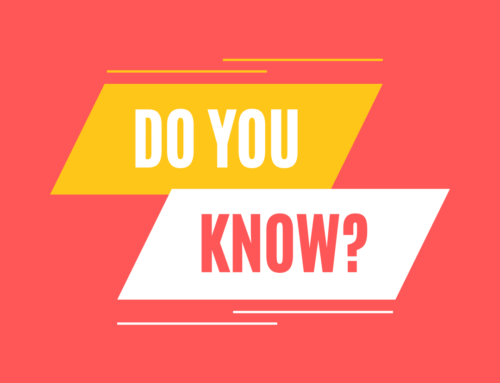
As I reflect on my journey in education, I can’t help but be grateful for how much I have learned on the winding road, and to think about how much I didn’t know 20 years ago.
Flashback to 2000: A younger version of me had recently relocated to Dayton, Ohio. I was very excited about my new job as a lead teacher in a Head Start classroom. My first assignment was in an elementary school in Trotwood, Ohio. I knew I loved children, loved early education and the people I worked with. I was aware that families I worked with fell into a certain socioeconomic status; after all, Head Start serves families that live at or below the federal poverty guidelines. I also knew that my families often came to us with a lot of “baggage”—single-parent households, emotional trauma, incarcerated parents, housing issues, food scarcity issues, and the list went on.
At that time, I knew I would do anything I could to “help” my families, especially to provide their children a strong educational foundation in early childhood. I don’t think of those years as failures as a teacher. The children in my classroom grew emotionally and cognitively, and I loved what I did. However, jump forward 10 years, and I was still involved in early childhood education.
I was teaching at a two-generation program called The Glen at St. Joseph in Dayton. This program served (and continues to serve) single moms and their children. We had decided to invest in Bridges Out of Poverty training from aha! Process. We knew we could serve our clientele in a better way if only we had more knowledge. This program helped us to understand the value of knowing “hidden rules,” the value of having everyone represented when it came to decision making, and the value of building relationships first—before anything else. (There is so much more that it taught us; these are just a few things.) I always say, without hesitation, that this information changed me as an educator, later as a director, and as a person. I went on to obtain my trainer certification in Bridges Out of Poverty so that I could help share the message with others.
In my current full-time role, I now work with adult learners who are also early care educators. What I have realized is that no matter what demographic a person works with, this information is vital for all of us. Whether a person comes from poverty or otherwise, this is about listening without judgment and having respect for all.
I have partnered frequently with and volunteered with The Glen at St. Joseph to offer early childhood educators this vital information. Time and time again we have had teachers say that they are now able to understand their families/children on a deeper level, form authentic relationships, and suspend judgment, thereby removing barriers in the educational process and making positive changes for the children in their classrooms and the families of those children.
If you are reading this, I encourage you to explore Bridges Out of Poverty at a deeper level if you haven’t already. If you are already closely connected to aha! Process, Bridges Out of Poverty, or their other programs, I encourage you to keep spreading the knowledge and the message. We need more understanding, authentic relationships, and proactive communication in this world, and the work of aha! Process certainly helps support that.
I am pleased to announce that while working on this blog post, I received notification that my proposal to present a Bridges Out of Poverty workshop at the Ohio Association for the Education of Young Children (OAEYC) was accepted. Katie Klain and I will help “spread the word” in April 2020.








